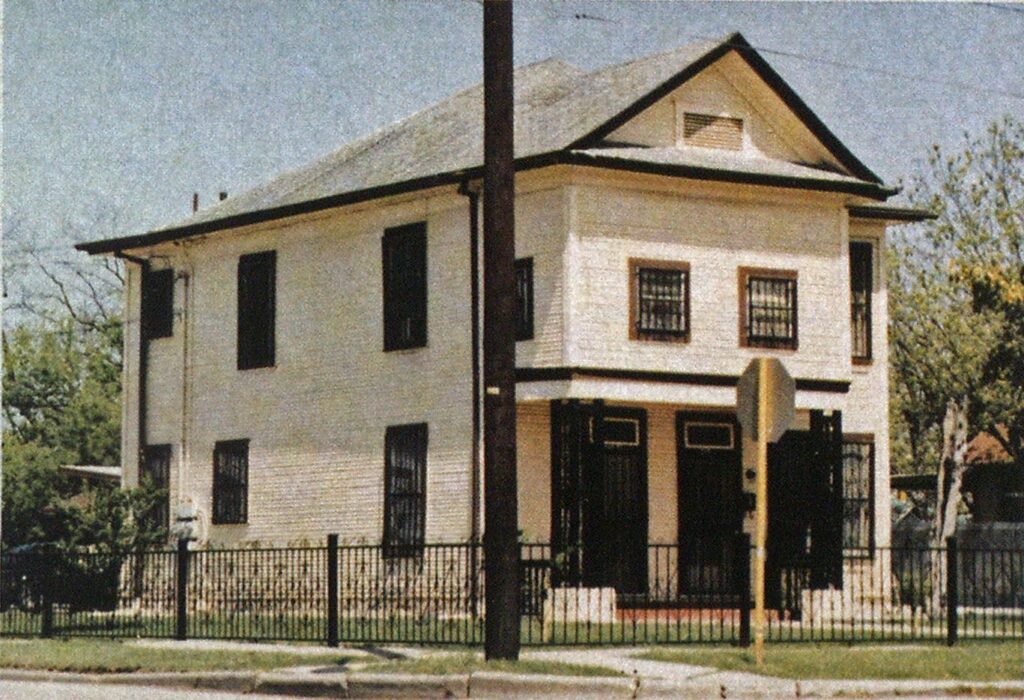
HOT TOPIC
This month’s Hot Topic begins with an update on “national” fire inspector certification programs. Recent changes warrant discussion.
In February of this year, the National Fire Protection Association (NFPA) discontinued its fire inspector certification program. This program, which tested an individual’s knowledge of various commonly used NFPA codes and standards, had established two levels of certification (Fire Inspector I and Fire Inspector II). The certifications were based on NFPA Standard 1031, Fire Inspector Professional Qualifications. The program was a joint effort of the NFPA and the International Association of Fire Chiefs.
Apparently, the program, initiated in 1988, did not receive the anticipated response. It did not become self-sustaining and no longer could be subsidized by the NFPA.
Inspectors who had become certified prior to the program’s demise will remain certified. Records of certification will remain with the NFPA’s Public Protection Division.
In a closely related development, the Building Officials and Code Administrators International (BOCA) essentially has lost its fire inspector certification program. Since BOCA used the NFPA program to certify fire inspectors, the discontinuance of the NFPA program leaves BOCA without a fire inspector certification program. BOCA has not decided what it will do in the future.
The International Fire Code Institute, which recently took over control of the Uniform Fire Code from the Western Fire Chiefs’ Association, will continue to offer the Uniform Fire Code Fire Inspector certification program, which tests an individual’s knowledge of various provisions of the Uniform Fire Code. To maintain certification, fire inspectors must be reexamined every three years relative to changes to the Uniform Fire Code.

The Uniform Fire Code examination itself recently has been evaluated with regard to relevance and accuracy. The evaluation set out to ensure that the examination provided an accurate assessment of the certified individual’s knowledge of current, standard fire safety requirements.
Improving the relevance and accuracy of the Southern Building Code Congress International Fire Inspector Certification Program was the goal of the Southeastern Association of Fire Chiefs. To ensure that the program meets the day-to-day technical and managerial needs of certified fire inspectors, the Association surveyed fire inspectors with regard to their daily tasks.
The result was a new five-tier program within which a fire inspector moves up through four “tested” levels, with the ultimate goal of becoming a chief fire prevention code analyst. To be certified as a chief fire prevention code analyst, an inspector must have five years of experience and pass, in the following order, the Fire Inspector I, Fire Inspector II, Fire Safety Plans Examiner, and Legal and Management exams.
Burglar bars have become a common sight on the urban inner-city landscape. Obviously, this has serious life safety implications for individuals inside the structure. Entire families have perished in homes with burglar bars.
While various codes (such as the Uniform Building Code) have provisions covering burglar bars, the provisions seem to have little effect. What factors do you think are contributing to this problem? We would appreciate your input through the survey below. To participate, respond to the questions by circling the appropriate numbers on the Reader Service Card on page 19. The results will be published in a few months. Thank you.
- BURGLAR BAR SURVEY
- Do the existing model building and fire code provisions handle the issue of burglar bars adequately? Yes 1 No 2
- Should burglar bars be prohibited entirely? Yes 3 No 4
- Are “push-button” magnetic releases acceptable? Yes 5 No 6
- Is the addition of a smoke detector release (tied directly to the burglar bar) necessary? Yes 7 No 8
- Should burglar bars be permitted only in fully sprinklered buildings? Yes 9 No 10
- Should burglar bars be operable from the exterior of the building with the use of a fire department rapid entry type key? Yes 11 No 12
- Do “fixed” (nonoperable) burglar bars greatly outnumber operable burglar bars in your jurisdiction? Yes 13 No 14
Do you have any other thoughts on this (or any other) issue? If so, drop me a line at the address printed on the magazine’s masthead. I look forward to hearing from you.

